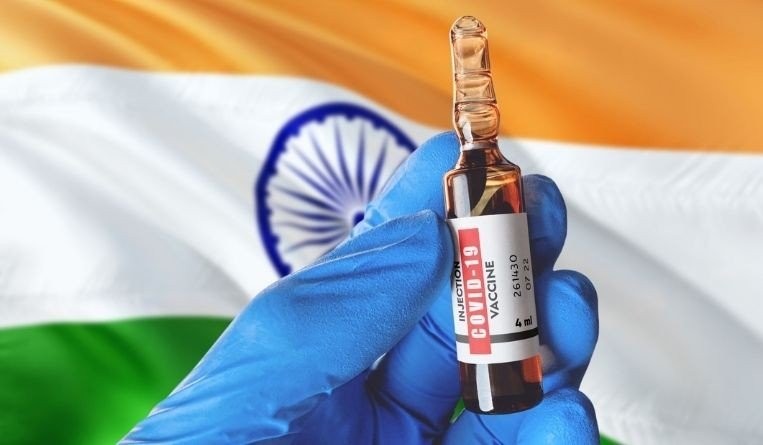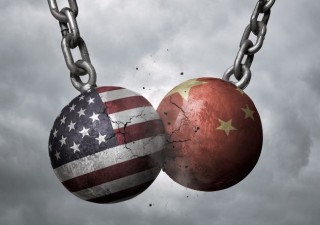Increasing trademark filings in India have surpassed pre-pandemic figures
20 April 2021

Trademark filings in many countries have picked up after plummeting for a period at the start of lockdowns in early 2020. Fact is, current figures have even outnumbered those before the pandemic.
India is among these countries.
January and February 2020 saw a total of 31,235 and 30,617 trademark filings respectively. The number dipped to 23,668 in March and further slid to 10,313 in April. Filing activities started to increase again in May with 19,794. The number leapt to 33,520 the following month. At this point, the monthly total had surpassed that of January and February 2020.
The number of trademark filings per month continued to grow until it reached 46,585 in September. Beginning in October 2020, the monthly filings experienced a rise and fall trend in numbers until February 2021. However, the numbers were still above those representing trademark filings for January and February 2020. January 2021 registered a total of 38,023 filings while February 2021 yielded 40,083.

Overall, trademark filings increased by 17.4 percent from 2019 to 2020.
Kruttika Vijay, an attorney at Ira Law in New Delhi, believes the increasing number of trademark filings is directly linked to the Covid-19 pandemic and its impact on business.
“India had imposed a hard lockdown to curb the spread of the pandemic between March to May 2020, and while business slowed down in most sectors, it also was a period for introspection for many. Companies started to analyze where they needed to scale back, and more importantly, which aspects of their business added the most value. It is in this context that I believe that companies, including startups, began the process of reviewing, consolidating and protecting their IP portfolios which has led to a rise in trademark filings,” she explained.
For Sonal Madan, a partner at Chadha & Chadha IP in New Delhi, this development can be the result of several factors related to the Covid-19 pandemic. These include boredom, desperation and innovation.
“The pandemic has given creators an opportunity to capitalize on the boredom of individuals, trapped inside their homes,” she said. “Thus, innovation is at an all-time high.”
One example is the application for the trademark “CORONA YUGA” filed in respect of Board Games in class 28. The board game aims to honour Corona warriors and spread awareness of safety measures during the pandemic.
“Apart from individuals, companies are also moving towards filing innovative applications, to maintain consumer confidence and to further diversify with brand extensions. For example, many breweries and distilleries across the nation diversified their businesses to manufacture sanitization products when the initial panic-buying trend left store shelves and online stores tapped out of these products,” said Madan.

“Further, when most people moved to virtual marketplaces during the complete lockdown in the country, e-commerce platforms exploded with both genuine products and counterfeits. Thus, companies sought urgent registration of their marks to protect themselves against these counterfeits. Moreover, certain new ventures came into existence solely due to the pandemic,” she added.
Among these ventures were those filing applications for trademarks that include “Corona” and “Covid.” Among these were ‘COVID-RELIEF,’ ‘COVIDSHIELD,’ ‘NOCORONA’, ‘DHL CORONAVIRUS PREVENTIVE’ and ‘CORONIL.’
Vijay and Madan believe this trend will continue in India.
“It has taken several years for mid-sized and smaller Indian companies to appreciate the worth and value that intellectual property brings to their business. Most of these entities viewed IP filings as an unnecessary expenditure, and the protection of their IP was almost an afterthought. However, I hope that the continual increase in trademark filings since June 2020 now signifies a growing recognition by these companies that trademark filings add value as well as safeguard their goodwill. For this reason, I truly believe that this trend isn’t a blip,” said Vijay, “it is one that will continue.”
“With certain countries witnessing multiple waves of this outbreak, there seems to be a lot of uncertainty regarding the end of the pandemic,” said Madan. “Having said that, ‘innovation fatigue’ shall play a significant role in determining the direction of this trend in trademark filings. With over a year of the pandemic, applications specific to Covid-19 may witness a slight decrease, however, the overall trend may continue to rise till life resumes normalcy.”
Vijay also believes that other countries in the region will likewise experience this trend, especially the developing economies where IP awareness is growing and the startup culture is strong.
But, there are the outliers. In the Philippines, trademark filings have gone down significantly for the first time since the establishment of the Intellectual Property Office of the Philippines in 1998.
“While such a decline can be attributed to a variety of reasons, the effects of the pandemic have been variable across different nations. Certain Asian countries are still struggling with digitizing their IP administrative processes while others ascribe this decline to the contraction in foreign direct investment,” said Madan.
Espie Angelica A. de Leon






